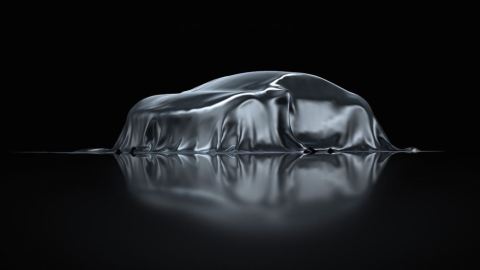Can Old Automakers Defend Against Apple, Google, Tesla?

While some heads of automobile companies say they aren’t concerned about potential market disruption from Apple and Google, who are mounting efforts to build their own branded cars, others worry about how technology companies can more easily leverage their large cash reserves.
The industry of consumer electronics continues to turn huge profits, but car companies are facing slimmer margins due to slumping sales in Europe and the near-implosion of the Russian economy, says The Wall Street Journal on the occasion of the Geneva International Motor Show, Europe’s annual “lovefest for the automobile.”
Neither Apple nor Google presented automobiles at the show, but both companies are known to be knee-deep in projects that leverage their considerable expertise in technology and design to create hyper-efficient and self-driven cars.
“The competition certainly needs to be taken seriously,” said Stefan Bratzel, director of the Center of Automotive Management at the University of Applied Sciences in Bergisch Gladbach, Germany. “The closer we get to autonomous driving, the weaker the connection becomes between the customer and the car. And Google and Apple aren’t burdened with old technology, but can start fresh.”
So will Apple and Google compete outright with established automobile companies or broker deals to bring their new technologies to market in existing production frameworks? That may ultimately depend on how companies gauge consumer appetite. Will commuters want something radically new and radically better or content themselves with step-by-step improvements?
Michael Schrage, research fellow at the Center for Digital Business at MIT Sloan School of Management explains the difference between disruptive innovation and incremental innovation. Given the pace of technological innovation, he says, what passes for incremental innovation may actually seem like a revolution:
“To me, the question is going to be, there’s a tension between disruptive innovation and rapid, iterative, incremental innovation.But if you have enough incremental innovation in a short period of time, you got a revolution.…The fact of the matter is, between mobile phones, between iPhones, between RIMs, between GPS, every car in the world, every bicycle in the world, can be made smarter.…The issue is, what’s the organizing principal underlying that?”





